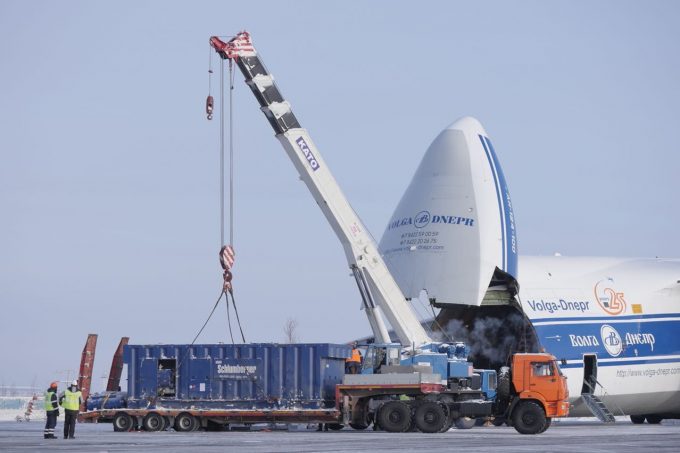Tatyana Arslanova moves aside from Volga-Dnepr Group operations
Tatyana Arslanova, executive operating officer and veteran of Volga-Dnepr Group, has been moved out of ...

With project cargo experiencing something of a comeback, The Loadstar took the opportunity to talk with one of the sector’s leading lights, Robert van de Weg, Volga-Dnepr’s group vice president for sales and marketing.
The industry veteran said the past two years had been a boon, ...

Comment on this article